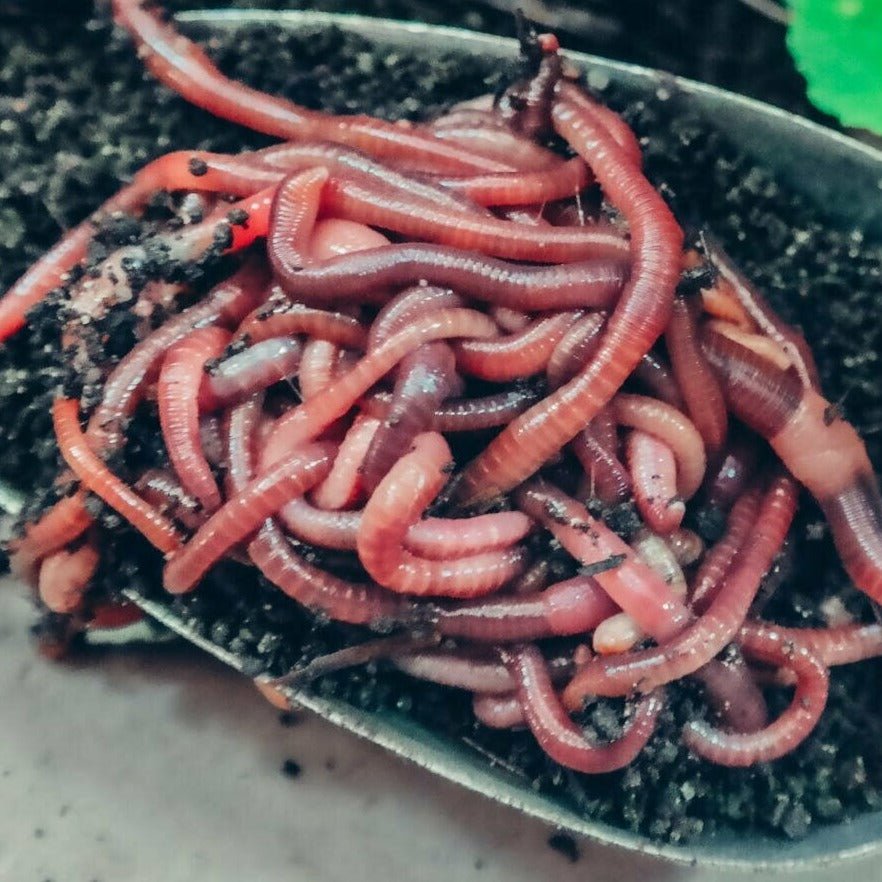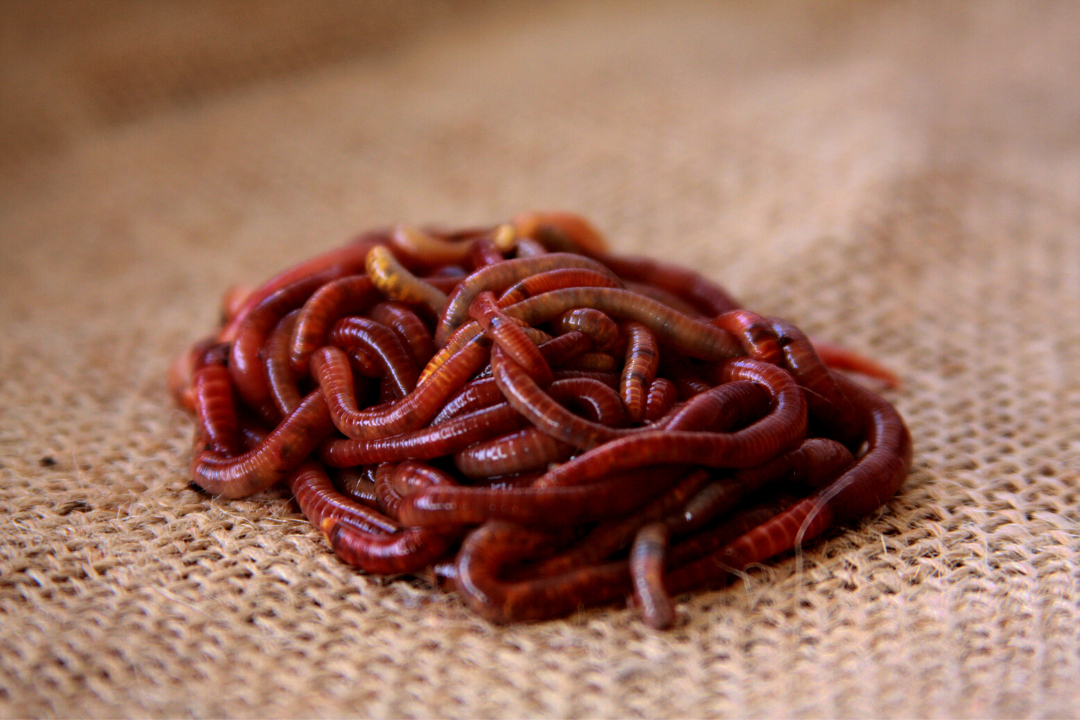Red Wigglers 101: Whatever You Need to Know for Thriving Gardens
Red wigglers, or Eisenia fetida, play a crucial duty in lasting gardening methods, offering as efficient decomposers that transform organic waste into valuable vermicompost. Understanding their habitat, nutritional choices, and the myriad benefits they provide can change your gardening technique.
Understanding Red Wigglers

Red wigglers prosper in atmospheres abundant in natural product and wetness. Red Wiggler Express. They have a special gastrointestinal system that allows them to refine food scraps swiftly, secreting castings that are packed with important nutrients such as nitrogen, phosphorus, and potassium. These spreadings improve dirt structure, enhance water retention, and foster useful microbial task, every one of which add to durable plant health
Moreover, red wigglers can make it through in diverse conditions, making them versatile to numerous horticulture techniques, including interior and outdoor composting systems. Their capacity to consume big amounts of natural waste daily positions them as beneficial allies for both home gardeners and industrial farmers. By including red wigglers right into horticulture initiatives, one can substantially boost soil fertility and support lasting horticulture methods.
Suitable Environment for Red Wigglers
Developing an optimum environment for red wigglers is essential for optimizing their composting abilities and overall wellness. Red wigglers grow in damp, dark, and well-aerated environments, which very closely resemble their all-natural atmospheres in leaf clutter and rotting raw material. An ideal habitat needs to supply a temperature variety in between 55 ° F and 77 ° F(13 ° C to 25 ° C), as severe temperatures can emphasize or harm the worms.
The bed linen product, such as shredded paper, cardboard, or coconut coir, ought to be kept damp yet not overly wet, as too much dampness can lead to anaerobic problems damaging to worm wellness. Additionally, a pH level between 6.0 and 7.5 is optimal, ensuring a well balanced atmosphere.
Proper aeration is equally important; it permits oxygen blood circulation and protects against the accumulation of unsafe gases. A container or bin made for vermicomposting should have water drainage holes to eliminate excess moisture and promote airflow. Regular surveillance of these problems is crucial for keeping a growing red wiggler population, inevitably improving their effectiveness in damaging down natural waste and improving yard dirt.
Dietary Demands and Preferences

Red wigglers show particular preferences; they are especially keen on softer, breaking down products over more difficult or even more fibrous substances. It is important to stay clear of feeding them citrus peels, onion, and garlic in huge amounts, as these can be unsafe. Furthermore, meat, milk, and oily foods ought to be omitted, as they can attract insects and produce unpleasant smells.
(Red Wiggler Express)Green products, such as veggie scraps, supply nitrogen, while brown materials, like cardboard and dried leaves, supply carbon. By catering to their dietary demands, gardeners can cultivate a thriving population of red wigglers in their compost systems.
Advantages of Utilizing Red Wigglers
The impressive benefits of making use of red wigglers in gardening expand much past their role in composting. These flexible microorganisms add dramatically to dirt wellness, improving nutrient availability and advertising microbial activity. By aerating the soil as they delve, red wigglers improve water drainage and origin penetration, creating an optimum environment for plant development.
Furthermore, red wigglers are effective recyclers of organic waste, transforming it right into nutrient-rich spreadings that function as an excellent all-natural fertilizer. These spreadings contain useful microbes and essential nutrients, such as nitrogen, phosphorus, and potassium, which are important for plant advancement. The slow release of nutrients from worm castings guarantees a consistent supply, decreasing the threat of nutrient leaching and promoting sustainable horticulture techniques.
Using red wigglers promotes a much more lasting gardening strategy by minimizing dependence on chemical fertilizers and promoting a closed-loop system, where waste is transformed right into valuable resources. Generally, integrating red wigglers into gardening techniques uses a wide range of ecological and agricultural benefits.
(Hickory NC Worms For Sale)
Composting With Red Wigglers

To launch an effective vermicomposting system, pick a suitable container with correct air flow and drain. The perfect atmosphere for red wigglers includes a moist, dark setting with temperatures between 55 ° F and 77 ° F. Begin by layering shredded paper, cardboard, and food scraps, making certain a well balanced mix of carbon and nitrogen-rich products.
Red wigglers prosper on veggie peels, fruit scraps, coffee premises, and eggshells, while avoiding meat, dairy products, and oily foods that can bring in insects. Consistently keep track of dampness degrees; the bed linen ought to perspire click here now however not soaked. Harvest worm spreadings every couple of months by separating the worms from the compost, which can then be utilized directly in yards or saved for later usage.
Carrying out vermicomposting not only reduces land fill waste but also improves garden soil, promoting healthy and balanced plant growth and sustainable gardening methods. Welcome this eco-friendly technique to boost your gardening endeavors.
Conclusion
In summary, red wigglers are vital microorganisms for enhancing garden efficiency with effective composting. Their specific habitat requirements, dietary preferences, and considerable advantages add to lasting horticulture techniques. By using red wigglers, gardeners can substantially enhance soil quality and nutrient schedule, fostering healthier plant growth. Embracing the practice of vermicomposting not only supports waste reduction but also promotes an eco-friendly balance within garden ecological communities, inevitably bring about prospering and resistant yards.